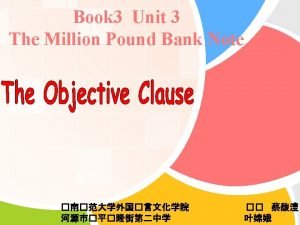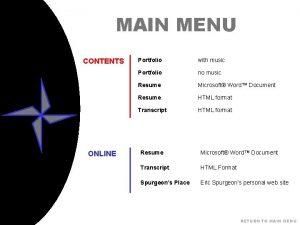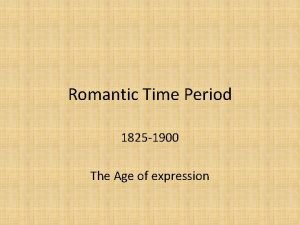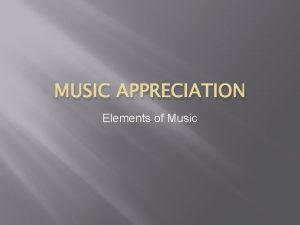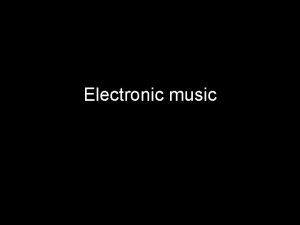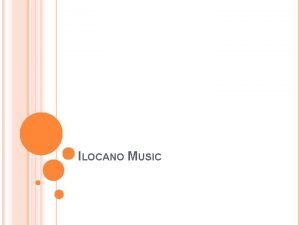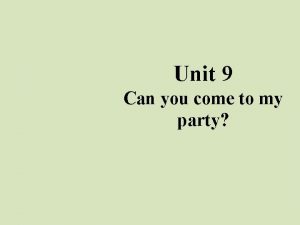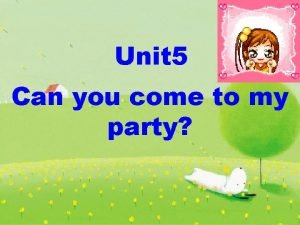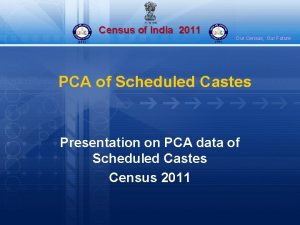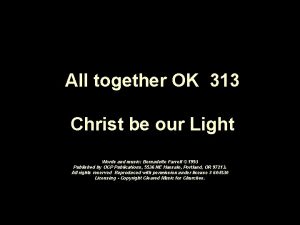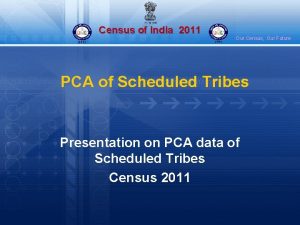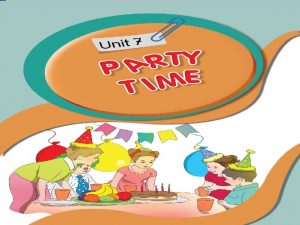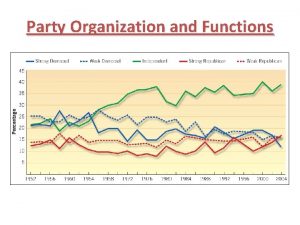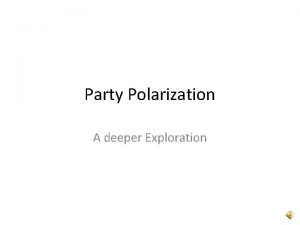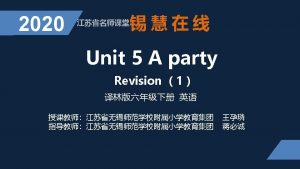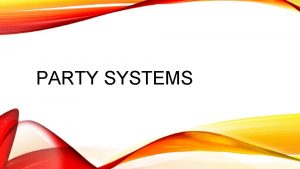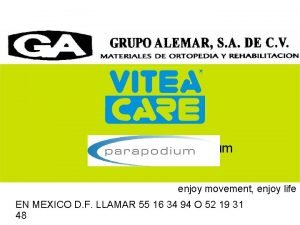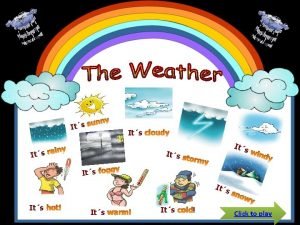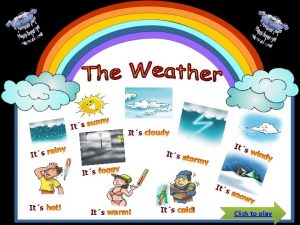Enjoy the music Its our party we can
















- Slides: 16


Enjoy the music It’s our party we can do what we want It’s our party we can say what we want It’s our party we can love who we want We can kiss who we want We can live how we want

Reading the book 1. Oliver believes that with a million pound bank note a man could survive a month in London. 2. I wonder, Mr. Adams, if you’d mind us asking a few questions.

The Objective Clause 1 Definition(定义) 2 Three key elements(三要素) 3 Practice Contents 1 4 Homework

一、Definition(定义) The objective clause is an object in a complex sentence and it can be the object of a verb, preposition, non-finite verb and some adjectives. eg. He doesn’t know where the post office is. Your article is all right except that it is too long. I’m sure that he will come and join us.

二、Three key elements: 1 Conjunction 2 Word order 3 Tense

(一)Conjunction 1. If the subordinate sentence is a statement, we use "that" as the conjunction. eg. I don’t think it necessary that you should read English aloud. 2. if/ whether means“是否”. When the things we stated are not clear, we use "if/ whether" as the conjunction and it is usually after some words like ask, wonder, can(could) you tell me. What's more, the subordinate sentence is usually a general question, alternative question or tag question. eg. Could you tell me if (whether) Miss Brown lives in that house?

• 3. When "if" can't be used: a. After a preposition. b. "whether to do" is the object after a verb. c. "whether" and "or not" are combined. d. After "discuss". eg. We’re worried about _whether_ he is safe. I don’t know _whether_ to go. I don’t know _whether_ or not he is well. The doctors are discussing _whether_the old man will recover soon.

4. When the subordinate clause is a special question,the conjunctions are listed as follows: • Pronouns: who,whose,what,which; • Adverbs: when,where,how, why, etc. Function: It connects the main clause with the subordinate clause and acts as some part in the sentence. eg: Pay attention to what the doctor said. Please tell me when the earthquake took place. Will you tell me how I can keep fit and healthy?

(二)Word order • Statement order • 即 : main clause+conjunction+ subordinate clause • (Subject+Predicate+Other parts) • eg. I think (that) women can reach very high achievements in many fields of science.

(三)Tense Main clause tense Simple present tense/ simple future tense/ imperative sentence Simple past tense The objective facts, truth, natural phenomena, catchphrase, proverbs, etc Subordinate clause tense According to the need The corresponding past tense Simple present tense

Let's play games! Why are you so happy? Question: What did the cat ask? Answer: The cat asked why you were so happy.

Let's play games! Am I taller than you? Question: What did the princess ask? Answer: The princess asked if/whether she was taller than them.

Exercises 1. Blank filling. be • A. The radio says it will _____ cloudy tomorrow. (be) had been members of the • B. He said that they _____ Party since 1948. (be) if/whether she had a bike. • C. I ask _____ • D. I don't know whether _____ or not he is well. why Sara was late for the meeting. • E. This is _____ travels • F. The teacher told his class that light _______ faster than sound. (travel)

Homework Drawing a mind map according to what you learned

Thank You!
 Its our party
Its our party Music music music
Music music music Third and fourth party logistics
Third and fourth party logistics If you can't avoid it enjoy it
If you can't avoid it enjoy it Romantic period instrument
Romantic period instrument Music appreciation elements of music
Music appreciation elements of music A music that employs electronic musical instruments
A music that employs electronic musical instruments Pamulinawen instrument used
Pamulinawen instrument used You can all come to my party
You can all come to my party Can you come to my party?
Can you come to my party? Can you come to my party
Can you come to my party Thinking affects our language, which then affects our:
Thinking affects our language, which then affects our: Our census our future
Our census our future Christ, be our light shine in our hearts
Christ, be our light shine in our hearts Marcus aurelius our life is what our thoughts make it
Marcus aurelius our life is what our thoughts make it We bow our hearts we bend our knees
We bow our hearts we bend our knees Our census our future
Our census our future
